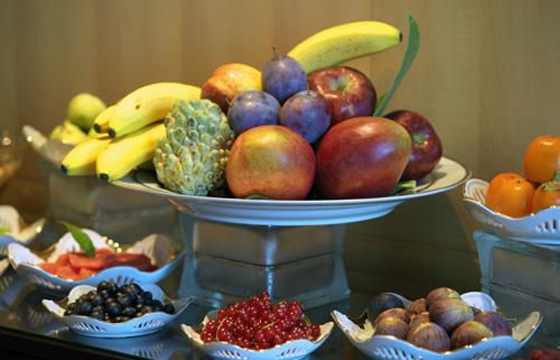Agricultural exports increased 5.4 percent in the first half of the year compared to the same period of last year, but remain lower than levels reached before the Syrian war, a report from the Lebanese Farmers Association said. “Unlike all official data issued recently that showed improvement to talk about fake achievements … exports remain 14.3 percent lower than in 2010, registering 192,000 tons, down from 224,000 tons in the first half of 2010,” a statement said.
Potato exports increased by a whopping 184 percent compared to the first six months of 2012, but were only 27 percent higher than in the same period in 2010, the report said.
Apple exports also soared, gaining more than 80 percent compared to last year and 31 percent compared to 2010.
However, citrus and bananas – most of which were traditionally exported to Syrian market – declined 23 percent and 15 percent, respectively, compared to last year. The decline stands at 37.5 and 33.5 percent, respectively, compared to 2010.
Figures issued by the Customs Department put the growth in the value of agricultural exports at 34.4 percent, totaling $102.6 million in the first six months of the year.
But unlike the report by the Farmers Association, the numbers could include non-Lebanese produce that are re-exported to third countries.
Syria alone accounted to 19 percent of exports, increasing 16.1 percent as a monthly average in the first six months of 2013 compared to last year, the Customs data show. There has been a massive decline in Syria’s farming sector output in the past two years.
The Farmers Association report blamed weak demand in the Syrian market for the sharp decline in banana exports. Syria imported 80 percent of the bananas exported from Lebanon before the crisis erupted, the report said.
The jump in apple exports is a result of low prices, the report suggested, dismissing any direct gains to farmers.
“[The surge in apple exports] was due to the low prices during the season, which ranged between LL600 to LL700 per kilo, which allowed traders to export and make a good margin of profit … without any positive impact on farmers,” the report said.
The surge in potato exports, on the other hand, was chiefly a result of weak production by traditional suppliers in Syria, Jordan and Egypt, the report added.
The Daily Star
12 September






















































